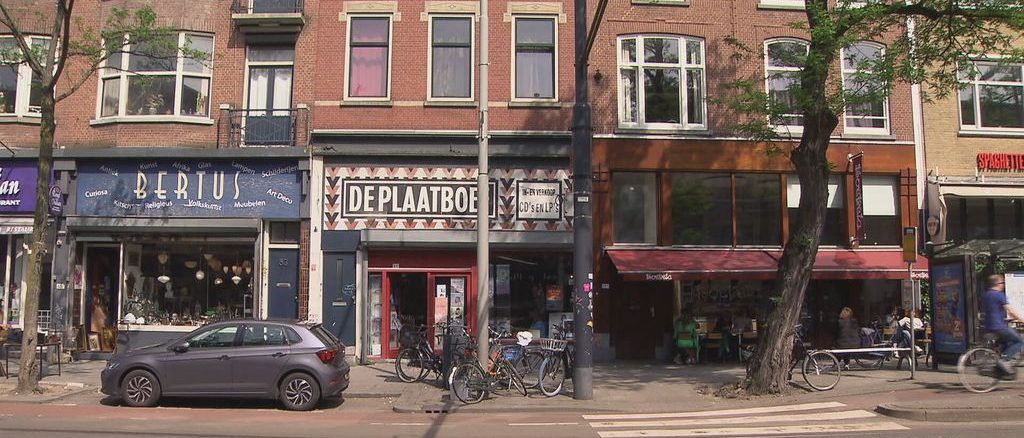
Rotterdam buys retail properties to tackle vacancy, ‘also benefits entrepreneurs’
The municipality of Rotterdam has bought four retail properties and then rents them out to entrepreneurs. The aim is to combat vacancy and undermining in the shopping streets. It is not the only municipality that is taking a more active role in the real estate market. But experts do question the success of such an approach.
For this initiative, Rotterdam uses the Vital Core Areas Fund, with which it buys, renovates, rents and ultimately sells retail properties. The fund will exist for a maximum of fifteen years. The municipality has invested 9 million euros in it. The idea is that this can provide guidance on the type of company that moves into the retail space. In this way, the store base should soon better meet the wishes of Rotterdam residents.
“Shopping areas are under pressure because people are buying more online since the corona crisis,” says councilor Robert Simons. “Keeping the shopping street attractive also benefits other entrepreneurs.”
Not the main prize
One of the four purchased buildings is located on the Nieuwe Binnenweg, a long shopping street that connects the center with Delfshaven. The building has been empty for a year and a half after a travel agency left. The municipality wants to rent the space to an entrepreneur who adds value to the neighborhood, but for whom it is a risk to enter into a long-term rental contract.
The rent will also be slightly lower than other buildings in the street. “We don’t have to ask for the top prize,” says Simons.
Entrepreneurs on the Nieuwe Binnenweg react differently to the municipality’s plans. Rina van der Stok, entrepreneur of Ekoplaza and board member of the BIZ (Business Investment Zone) does not think the municipality’s initiative is bad. “Provided that the type of store that will be located is taken into account. An attractive shopping street requires a more diverse range of shops in the street.”
Gerard de Meijer, owner of shoe store The Punch, thinks it is good that vacancy is being tackled, but has his doubts about how. “If the entrepreneur is subsidized, he or she is given an advantage over others.”
Buying up retail properties is just one of the means that municipalities have to combat deterioration, says Pieter van der Heijde, an expert in the field of transforming shopping areas. “Changing the zoning plan can also contribute to the quality of life. However, this can take a lot of time. Buying up is therefore a quick, but also a risky instrument.”
Van der Heijde refers to the economic crisis of 2008: “At that time, municipalities suffered financial damage because land and real estate prices suddenly plummeted.” It is therefore better to leave the prevention of deterioration to the market, he says. “But if that does not happen, the municipality has the task to ensure good spatial planning.”
It is difficult to say whether such a strategy is successful, according to Van der Heijde. “There are still too few practical examples.” He looks to Amsterdam, Assen, Beverwijk, Emmen and Oosterhout for inspiration. The latter municipality even bought an entire shopping center.
“A number of these projects are still in development and in Amsterdam it was not easy, but it has led to a more attractive entrance area. Nowadays, retail properties in particular are being bought up to transform into other functions, such as homes, business premises or healthcare facilities. “
What is diverse?
The danger of municipalities interfering with the shopping street is that it is also a matter of taste. “Municipalities often see streets with many migrant businesses as deterioration,” says Jan Rath, professor of urban sociology at the University of Amsterdam until last year. “While those streets are extremely diverse.”
According to him, the risk is that the offer may be more diverse after the municipality intervenes, but mainly for one specific group. “What is actually meant by a diverse range of shops are, for example, cheese and book shops. The middle class really likes that, but it is not interesting for people who have less to spend.”

Be the first to comment